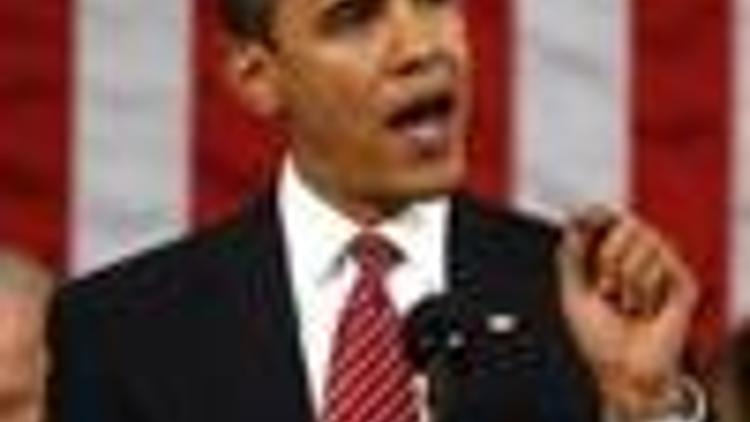Japan's exports plunge, Obama pledges more action
Güncelleme Tarihi:

U.S. President Barack Obama said more money might be needed to bolster the tottering U.S. bank sector, as Japan reported a record plunge in export earnings Wednesday, heralding sharper pain for the world's second largest economy.
Crumbling exports have also undermined
The Destatis statistics service pointed to a fall in exports, which plummeted by 7.3 percent in the fourth quarter, with German companies slashing investment in machinery and equipment as foreign orders dried up.
Giving his first speech to Congress, Obama acknowledged that a recent plan to shore up financial institutions choked with bad assets "will require significant resources from the federal government -- and yes, probably more than we’ve already set aside."
Trillions of dollars have already been set aside to rehabilitate the critical financial sector, reeling from a home mortgage meltdown and subsequent global financial turmoil that has slammed the brakes on growth.
The Treasury unveiled a special financial stability plan two weeks ago, aimed at keeping banks afloat, which could total some $2 trillion.
A separate $700 billion Troubled Asset Relief Program (TARP) was approved by Congress last year, also targeting financial institutions.
"But while the cost of action will be great, I can assure you that the cost of inaction will be far greater, for it could result in an economy that sputters along for not months or years, but perhaps a decade," Obama said.
"That would be worse for our deficit, worse for business, worse for you, and worse for the next generation. And I refuse to let that happen," Obama told lawmakers.
BERNANKE HOPEFULL FOR SECOND HALF
Obama spoke after U.S. Federal Reserve Chairman Ben Bernanke held out hope for an end to the
"If actions taken by the administration, the Congress and the Federal Reserve are successful in restoring some measure of financial stability -- and only if that is the case, in my view -- there is a reasonable prospect that the current recession will end in 2009 and that 2010 will be a year of recovery," Bernanke told Congress.
Comments by Obama and Bernanke helped fuel an early rebound on European stock markets, with
Japanese share prices were up 2.65 percent at the end of the session, with dealers heartened by Obama's pledge to act to revive the moribund U.S. economy and to save the U.S. auto sector.
But
Exports plummeted 45.7 percent from a year earlier, highlighting the economy's vulnerability in the current global downturn because of its heavy reliance on foreign demand for its cars, high-tech products and other goods.
"Because of the shrinking global economy,
The yen however on Wednesday sank to a three-month low against the dollar, 97.31, "amid mounting uncertainty over the outlook for Japans economy," Hideaki Inoue, chief forex manager at Mitsubishi UFJ Trust and Banking, told Dow Jones Newswires.
The news was also grim from

